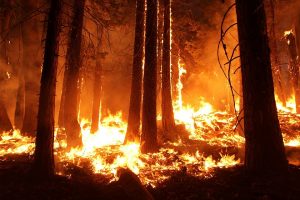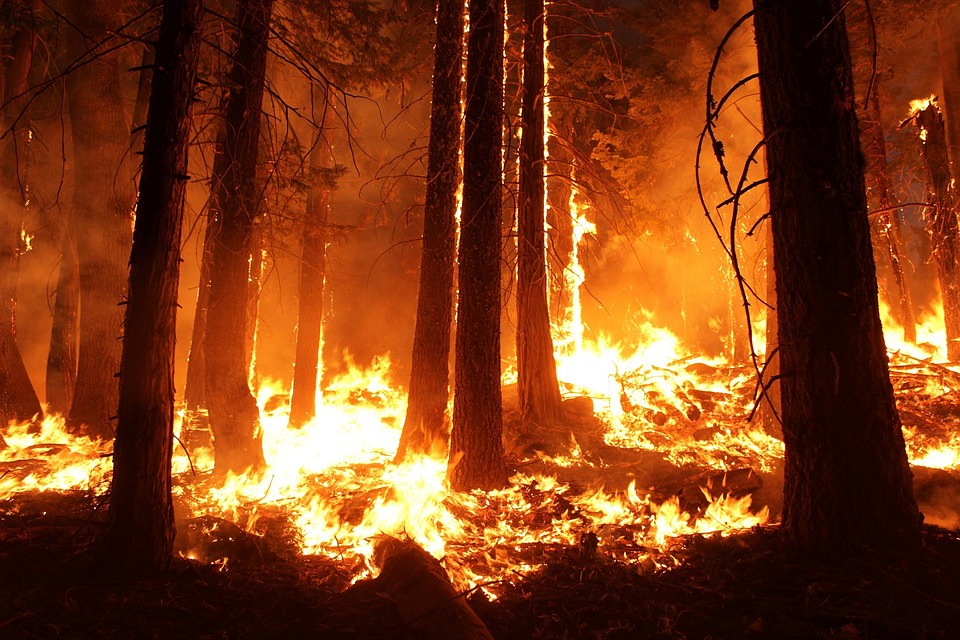
Chubb North America offers this advice:
With a record number of wildfires, acres burned, and homes destroyed in recent years, we’ve put together some proactive steps you can take to keep your family and home safe.
- Evacuate promptly if ordered to by local authorities, and establish an emergency evacuation plan for your family and pets.
- Current Chubb clients in select areas can sign up for Chubb’s Wildfire Defense Services, which have saved our clients millions of dollars in wildfire damage to their homes and properties.
- If a wildfire is approaching, clear driveways to accommodate large fire equipment. Make sure no flammable vegetation is within 10 feet on both sides of the driveway and there are no overhanging obstructions within 15 feet. If your property is gated, prop the gate open to allow fire personnel to access your property.
- Create defensible space around your home to create a fire break. Remove all dead plants, grass, weeds, dry leaves, and pine needles from your property, roof, and gutters.
- Trim trees regularly to keep branches at least 15 feet off the ground or 1/3 of the total crown height, whichever is less. Remove branches that hang over the roof or chimney.
- Remove or prune flammable plants and shrubs near windows. Thin and separate shrubs by a distance of at least twice their height.
- Move any wood piles at least 30 feet from the house.
- Create a separation between trees, shrubs, and items that could catch fire, such as patio furniture, and swing sets.
- Maintain adequately watered ground at least 100 feet from the house if the ground is level and 200 feet from the house if the ground is sloped. Keep grass cut down to a maximum of 4 inches high.
- Clear a 10-foot area around propane or oil tanks and around your barbeque area.
- Install fire-resistant window treatments, smoke detectors, and fire extinguishers throughout your home.
- Keep fire-fighting tools handy, such as a ladder, shovel, rake, axe, water bucket, and a hose that is long enough to reach your home and other structures.
- Install a back-up generator in case electrical power is shut off.
- Store valuable documents in a fire-resistant safe or bank safety deposit box.
- Make sure your house address is visible from the street.
